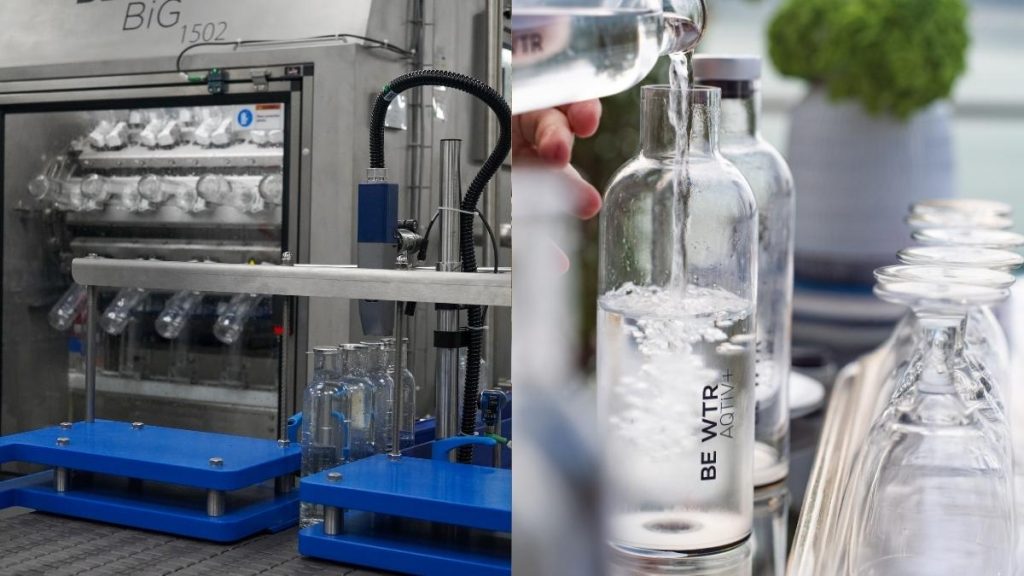Saudi Arabia is set to expand new technology for purifying drinking water, utilizing an electrical charge, following a recent agreement aimed at enhancing its application over the next four years. This capacitive deionization technology will be capable of treating approximately 3,500 cubic meters of water daily, providing clean drinking water to the population.

The agreement was signed between Stockholm Water Technology, a Swedish firm, and the Saudi company DRC-ChemTec. The Swedish company has also proposed using this technology for wastewater treatment in the Kingdom, allowing for the repurposing of water for agricultural use. This proposal includes plans to eliminate micropollutants, such as pesticides and pharmaceuticals, from treated wastewater.
The technology works by passing an electrical current through water, effectively removing contaminants without relying on membrane filters or chemical treatments. Currently, Saudi Arabia largely depends on two primary methods of desalination: thermal desalination, which uses fossil fuels to create clean condensation from seawater, and reverse osmosis, which filters water through a membrane to eliminate impurities.
Capacitive deionization presents an opportunity to reduce waste and energy consumption in the water purification process. Karthik Laxman, CEO of Stockholm Water Technology, noted that Saudi Arabia’s water treatment market is leading in sustainable practices, particularly in response to the urgent demand for clean, safe water across various sectors and the increasing emphasis on water recycling and reuse.
Husam Aljarba, the strategic business development director at DRC-ChemTec, highlighted the strong growth anticipated in both residential and industrial sectors, stating that the flexibility of Stockholm Water Technology’s systems will offer unique value to customers. The Swedish firm plans to supply 1,750 of its systems, initially focusing on drinking water before expanding into industrial and municipal wastewater treatment.
DRC-ChemTec will be responsible for the installation and servicing of the technology, as well as manufacturing associated components, thus enhancing local production capabilities. Currently, desalination accounts for approximately 75 percent of Saudi Arabia’s water supply, with the nation producing over 13.2 million cubic meters of water daily.


Leave a Reply